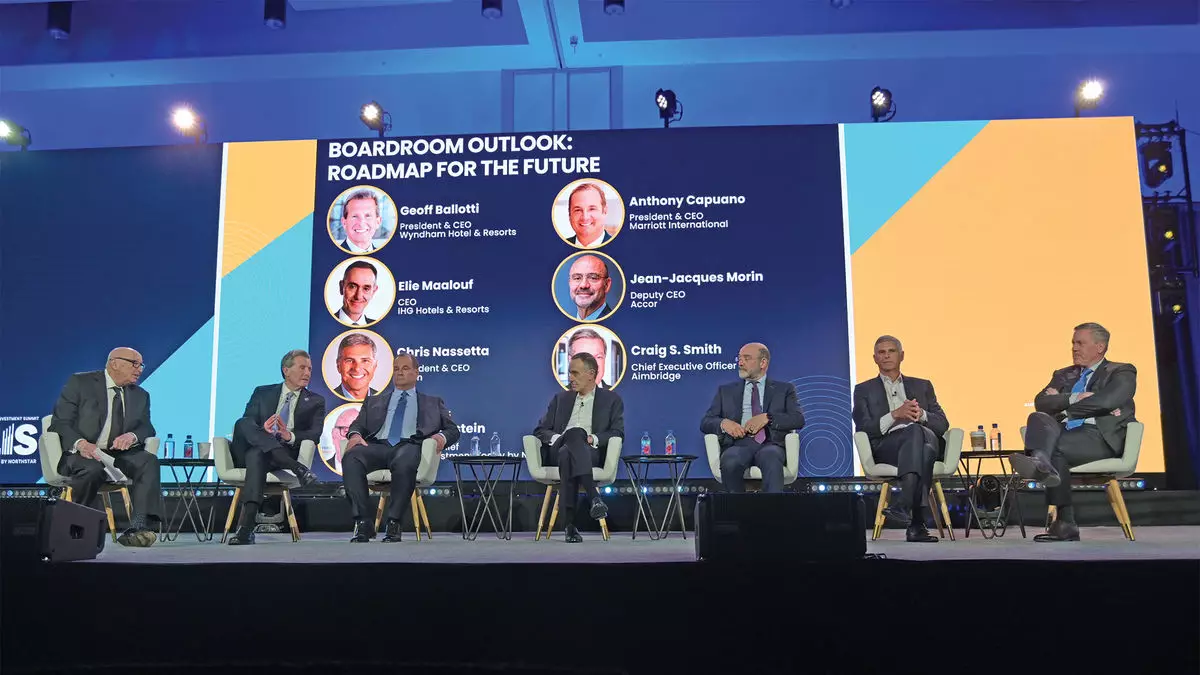In the wake of President Trump’s administration, numerous organizations have begun to reassess the positioning and implementation of their diversity, equity, and inclusion (DEI) initiatives. A prominent example in the travel industry is Southwest Airlines, where the vice president of DEI adopted a new title reflecting a broader corporate ethos focused on citizenship and inclusion. Meanwhile, the United States Tour Operators Association (USTOA) has pledged its ongoing commitment to DEI programs. However, the political climate poses complex challenges for organizations wishing to maintain strong DEI frameworks, as shifts in governance often influence public perception and corporate practices.
Federal regulations heavily influence industries like airlines, but the tourism sector is predominantly free from such scrutiny. This disparity means that public opinion can significantly impact leisure travel providers, compelling them to articulate their stances on DEI with renewed vigor. The USTOA’s voluntary reaffirmation of these societal principles, while seemingly innocuous, may inadvertently carry significant implications as corporate culture evolves against a backdrop of fluctuating political norms.
A recent gathering of hospitality leaders at the Americas Lodging Investment Summit generated substantial discussion around DEI initiatives. Interviews with several hotel executives revealed a strong dedication to integrating DEI into their business models. For instance, Geoff Ballotti, the CEO of Wyndham, spotlighted specific programs aimed at expanding diversity within hotel ownership. His firm initiatives—like BOLD for Black Owners and Lodging Developers—illustrate a proactive approach to addressing historical disparities in the industry.
Ballotti’s assertion that these initiatives are not merely reactions to changing political landscapes aptly highlights the need for an unwavering commitment to DEI principles. He stated, “Diversity, equity, and inclusion is so important. This industry needs it.” This sentiment echoes across the sector, as many industry leaders recognize that a diverse team provides a nuanced understanding of varied customer needs, ultimately driving business success.
During a panel discussion featuring several major hotel executives, the topic of DEI initiatives arose amid a predominantly homogenous group of leaders—a fact not lost on attendees. Questions from the audience prompted responses from executives like Chris Nassetta of Hilton, who emphasized that diversity is inherently linked to the hospitality business model. For Nassetta, a diverse workforce is essential for meeting customer expectations and enhancing service delivery. His perspective underscores the notion that DEI is not merely a corporate obligation but a business imperative.
Elie Maalouf, CEO of IHG, echoed similar sentiments, highlighting that an inclusive culture is foundational to attracting a broad talent pool essential for operational success. His assertion that the company’s emphasis on diversity would transcend trends and fads illustrates a steadfast commitment to these values, reflecting a growing awareness of their importance for long-term organizational health.
Embracing Core Values Amid Political Uncertainty
Tony Capuano, CEO of Marriott, further elucidated the organization’s strategic approach toward DEI, noting that principles of inclusivity have long been a part of Marriott’s mission. He indicated a resolve to stay true to these core values, regardless of the prevailing political winds. This suggests an understanding that while external circumstances can shift, the fundamental ethos of a company should remain anchored in its founding values.
Interestingly, Mark Hoplamazian, CEO of Hyatt, presented a more cautious viewpoint regarding the implications of recent political changes on corporate DEI efforts. His recognition of the uncertain terrain ahead indicates that while the commitment to DEI is strong, organizations are also grappling with how regulatory frameworks may shift under different administrations. He rightly pointed out that without clear guidelines, even well-established DEI programs face potential reevaluation.
As Caroline Beteta of Visit California pointed out, straying from a political narrative surrounding DEI is complicated, as corporate actions inevitably attract public scrutiny. Businesses are now situated in a landscape where their operational integrity and ethical commitments are judged not just on results but also on perceived political affiliations. This makes it all the more critical for organizations to attune their focus inward, ensuring their corporate practices align with their espoused values.
Indeed, as multiple executives noted, a diverse workforce is not only beneficial from a market perspective but also crucial for fostering inclusive opportunities within society. This commitment to elevating underserved communities and ensuring that qualified individuals receive equal chances for advancement ultimately enriches the corporate milieu and the broader community. As the hospitality sector continues to evolve, its leaders must remain steadfast in prioritizing DEI—not as a trend or reaction, but as an integral facet of their corporate identity.


Leave a Reply